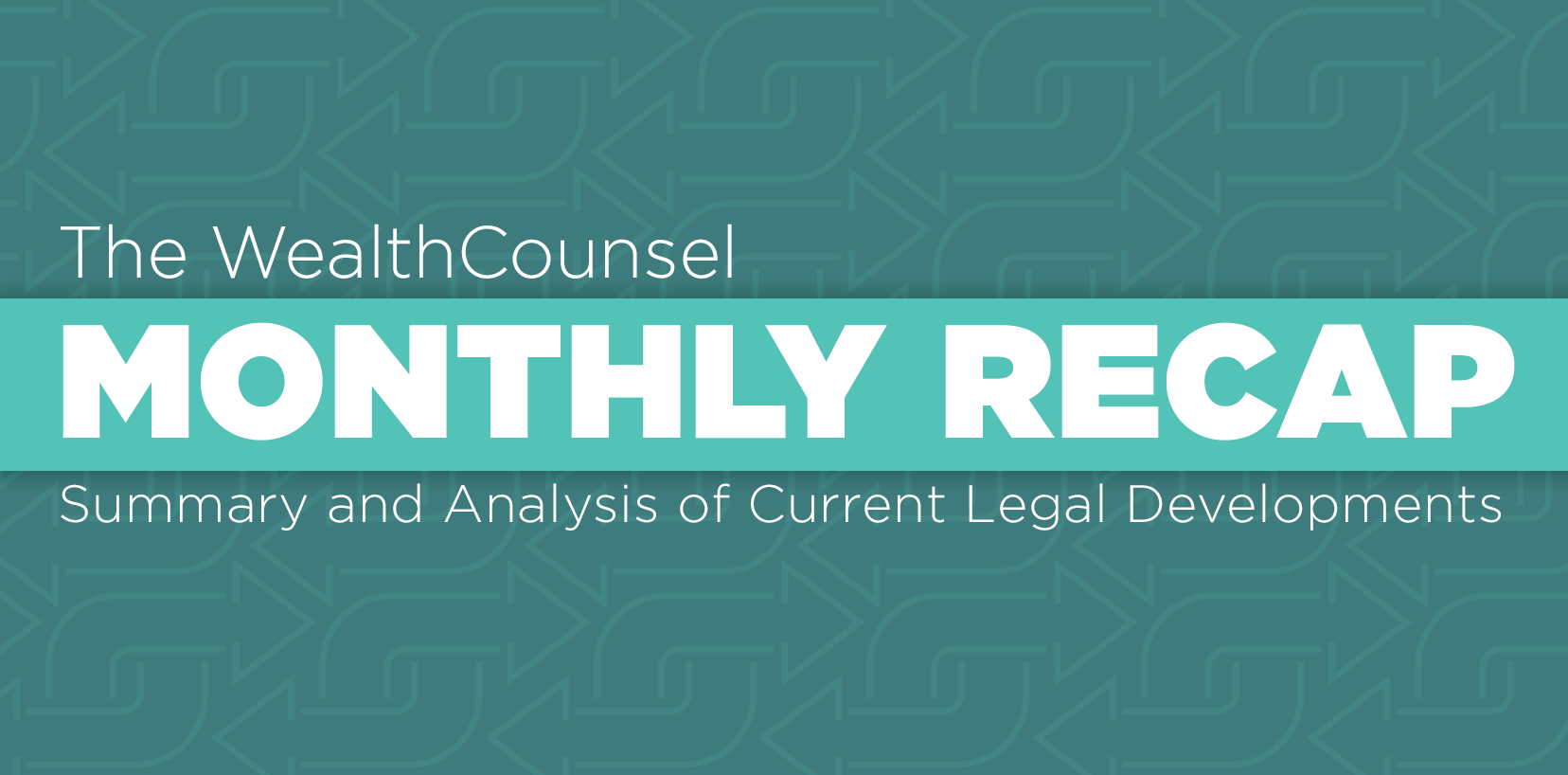
The Corporate Transparency Act of 2020 (CTA), passed on January 1, 2021, is designed to prevent malign actors, i.e., companies that seek to conceal their ownership of businesses in the United States in an effort to facilitate illicit activity such as money laundering, financing of terrorism, tax fraud, and other acts of foreign corruption, from harming the national security interests of the United States and its allies. But why should this be of any interest to estate planners?
To report or not to report? That is the question
Business entities are often used to implement estate planning strategies. Those that fall within the scope of the CTA must comply with it or face hefty fines or even criminal penalties. The CTA requires that beneficial ownership information for businesses that meet the definition of a “reporting company” be reported to the Department of the Treasury’s Financial Crimes Enforcement Network (FinCEN). The CTA defines a reporting company as any corporation, limited liability company (LLC), or other similar entity created by filing a document with the secretary of state or a similar office under the laws of a state or Indian tribe or formed under the laws of a foreign country and registered to do business in the United States. We hope that the regulations implementing the CTA will provide more clarity about which businesses will fall within its scope, but it is already clear that its reporting obligations, plus the risk of fines, penalties, and imprisonment, will largely impact small businesses because many larger entities are excluded from the definition of a reporting company.
Attorneys who use business entities to accomplish their clients’ estate planning goals should keep the requirements of the CTA in mind. Closely held companies and special purpose vehicles (separate legal entities—partnerships, limited partnerships, or joint ventures—formed for a specific purpose such as isolating financial risk) are frequently used for wealth structuring or to hold assets. Some of these business structures could possibly fall within the scope of the CTA. Further, although common law trusts are not created by the filing of a document with a state agency and thus probably do not fall within the definition of a reporting company, it is not unusual for a trust to own an interest in an LLC or multiple LLCs as a means for a grantor to efficiently transfer assets to family members, avoid probate, and shield assets from creditors. In addition, a document generally needs to be filed with the appropriate state agency for the creation of a family limited partnership (FLP), often used for tax efficient transfers of wealth to the younger generation; thus, it is likely that an FLP will fall within the scope of the CTA.
Learn more about the Corporate Transparency Act and what it means for estate planners in our CLE-eligible, on-demand webinar
Business entities that meet the definition of a reporting company must provide information such as the full legal name, date of birth, current address, and a unique identifying number such as a driver’s license or passport number for all beneficial owners, i.e., individuals who own or control 25 percent or more of the ownership interests of the company or who exercise “substantial control” over the company. The definition excludes, for example, minors whose parent or guardian has properly reported information, individuals whose only interest in the business is through a right of inheritance, and individuals whose control is derived solely through their employment status.
Existing business entities that fall within the scope of the CTA must provide this information within two years of the effective date of the CTA, but entities formed after the effective date must provide the required information at the time of formation or registration. All changes in beneficial ownership must be reported to FinCEN within one year of the change.
Heavy Fine ($500 per Day) for Noncompliance
The penalties for noncompliance are steep. Businesses that fail to report the required information or provide false or fraudulent information will be subject to a civil penalty of $500 per day during the period of noncompliance. In addition, there are criminal fines of up to $10,000 and the possibility of imprisonment for up to two years.
Those with interests in businesses that may be affected should review the CTA carefully to determine if a business will be classified as a reporting company. Although the CTA is not yet in effect, it will become effective after the Secretary of the Treasury issues regulations implementing the law’s requirements, which must occur no later than January 1, 2022. Businesses that could be subject to its requirements, including those used for estate planning purposes, should take action now to establish processes to gather, update, and report accurate information about their beneficial owners.



